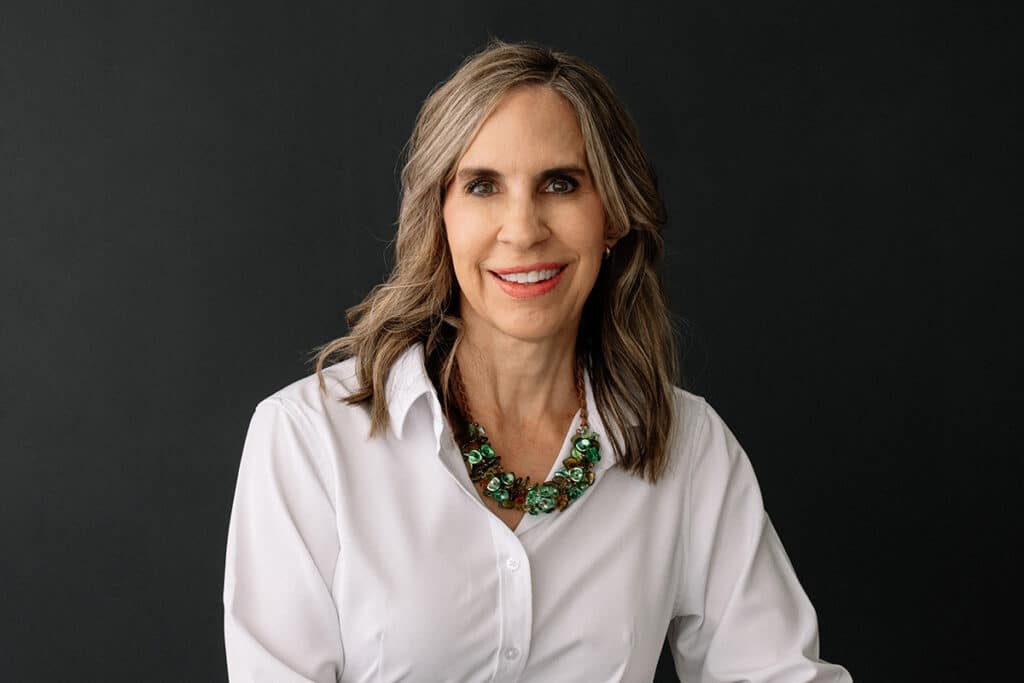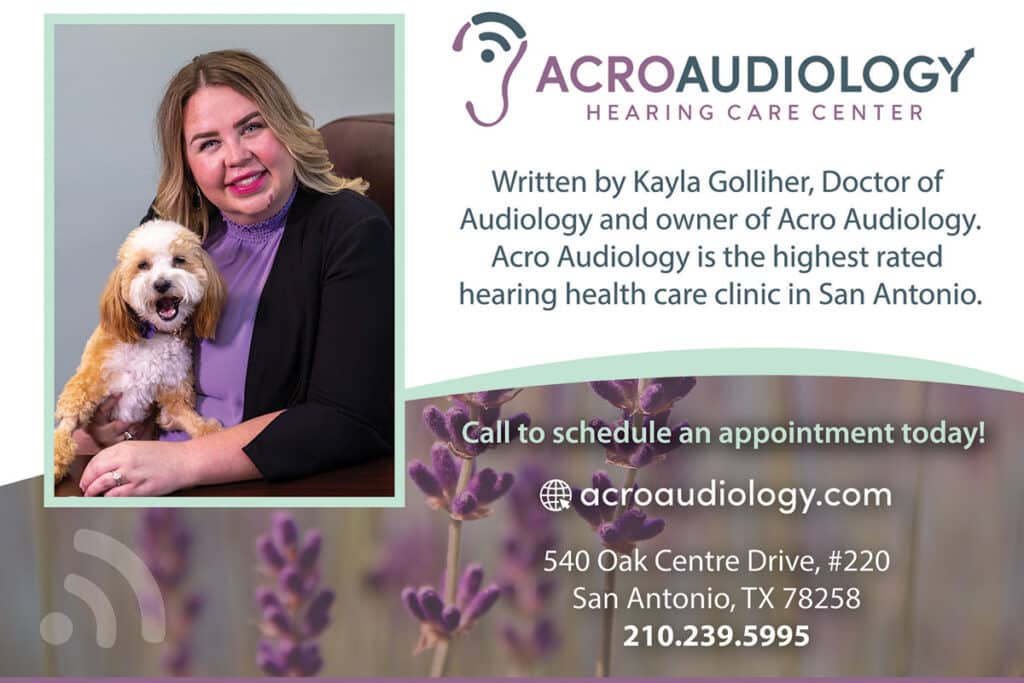Most Women Face Two Kinds of Hunger
We eat to celebrate.
We eat to soothe.
We eat to relieve boredom, and
to relieve stress.
And on top of our emotional eating, we eat when we are hungry.
That is a lot of eating.
No wonder, there is an obesity epidemic!
Dr. Lisa Smith Kilpela is an Assistant Professor of Psychiatry with UT Health San Antonio. She says we’ve almost forgotten what true hunger is. “As kids, we get a sweet treat for doing something well, so we don’t grow up learning how to distinguish between physical hunger and psychological hunger.” She says the lines between real hunger, to nourish the body, and emotional hunger, to nourish our soul, have blurred.
“Also, you have to add the complexities of the marketing and advertising of the food industry,” she says. “There is a lot of money put into making us think that we want things, that are food related. Then, there is a lot of money poured into the chemistry of food, making it irresistible, which complicates the relationship between the two hungers.”
So, we get confused.
Am I really hungry, or do I just want to eat?
“Biological hunger develops gradually over time. Hunger is an alarm system that you need fuel and becomes stronger, and stronger. Emotional hunger comes on fast, with specific cravings.” Smith Kilpela says when you could eat just about anything, then your hunger is a true hunger, but emotional hunger wants its “comfort” food. “When it is an emotion, a lot of times, it is a very specific craving.”
Real hunger will devour a vegetable salad.
Emotional hunger only wants chocolate cake.
“We are like a car with two gas tanks, Tank B for biological hunger and Tank P, for the psychological hunger. And if your Tank P is empty, food will not fill it, because that is not the problem. But with biological hunger, you will feel satiated,” she says. Learning to address emotional hunger, keeps weight off. “Take a walk, a nap, do something relaxing, something that targets that emotion,” says Smith Kilpela.
If you are lonely, call a friend.
If you are tired, rest.
Feed yourself below the neck,
not above the neck.
Geneen Roth is a long time writer about the relationship between women and food. In her book, “Breaking Free from Emotional Eating”, her first chapter is entitled: “Being Hungry is Like Being in Love: If You Don’t Know, You’re Probably Not.” She describes a work-shop participant so confused by the $70 billion dollar diet industry, that she thought eating only when hungry was “just another fad diet.” That is how out of touch we have become, from something as natural, and as simple, as feeding your body.
Georgiana Gross, MPH, a research nutritionist with UT Health San Antonio. “Every human needs 40 nutrients a day. Amino acids,
vitamins and minerals,” says Gross. “Bad foods deprive you of these nutrients, which affect your mood. You need B vitamins for the neurotransmitters, serotonin and melatonin, we need amino acids of protein, B complex, folate … all can be depleted if you do not get enough fruits and vegetables and proteins.”
Emotional eating is part of life. But: “Eat — but not so much that you become uncomfortable. Eat something nourishing, then allow for the simple carbs.”
At parties, or buffets: “Fill your plate with the healthy stuff first, then go back for the desserts,” says Gross. The food and mood connection is strong. So, the healthier your diet, the more nutrition you take in, the better you feel, because your body is getting what it needs, to take care of you.
“The carbs we need, are the ones that last: the whole grains, which feed the brain, providing the needed glucose. And gut microbes also need fiber! Healthy guts fight off viruses,” Gross says. “A quote I like to use is: ´There are foods you go for, foods you slow down for, and foods you have once in awhile´.”
Pile on the veggies, slow down on the burgers, and occasionally, have the gooey dessert. “Look at the label, at the first three ingredients. If you don’t understand the rest of the ingredients, put it down,” she says. And if you are going to feed yourself emotionally, avoid products with trans fat. Gross says trans fats are highly toxic to the liver.
The body knows what weight it should be, so along with exercise, people can achieve the right weight, if they eat when the body says to—and not when our emotions, or those advertisers, tell us to.
By Berit Mason





